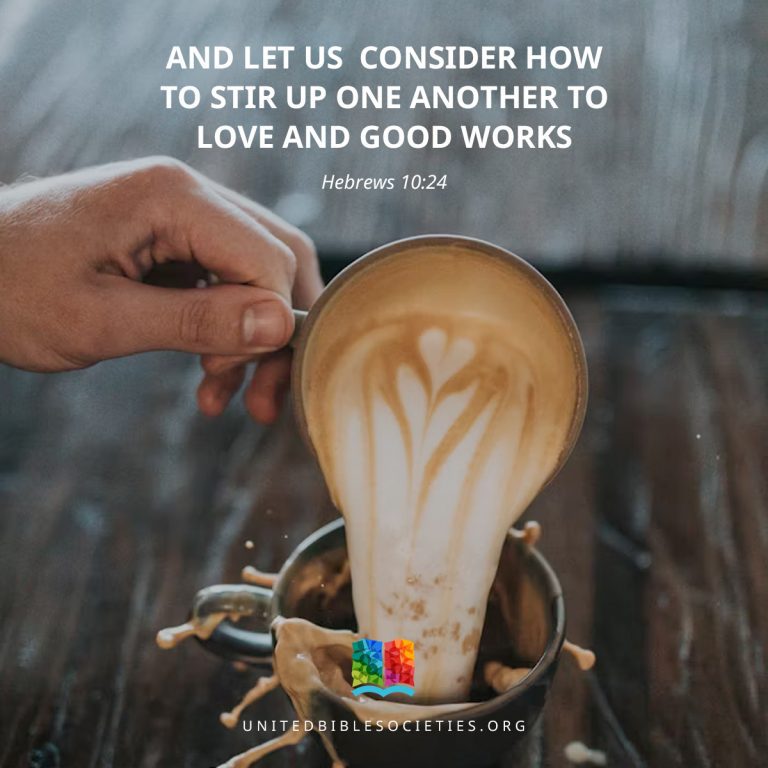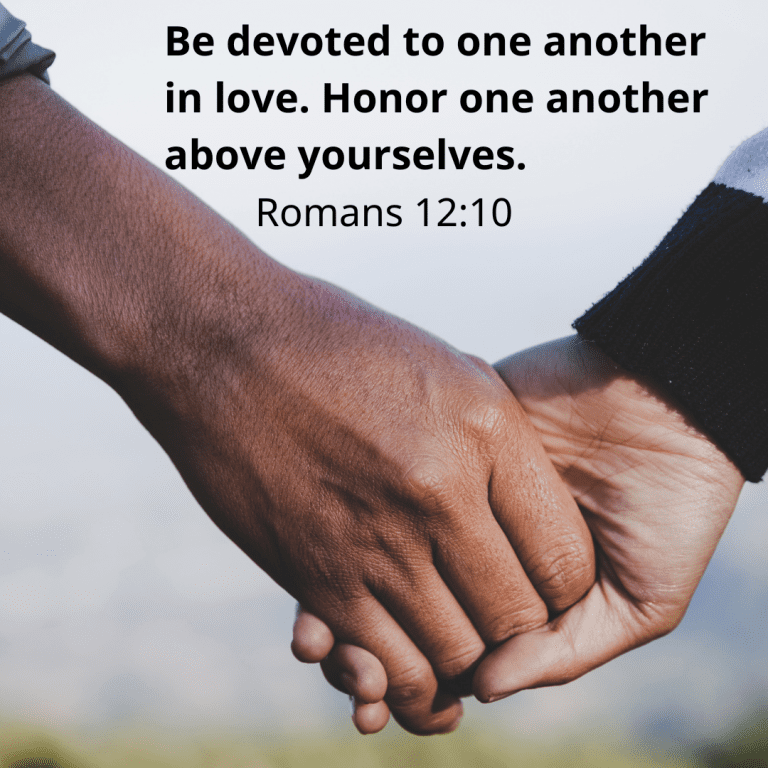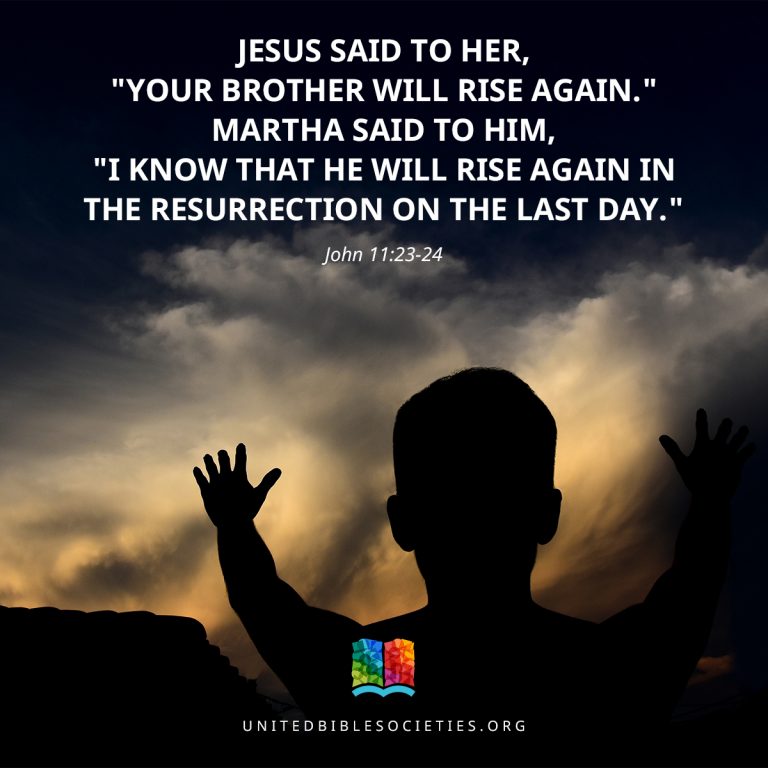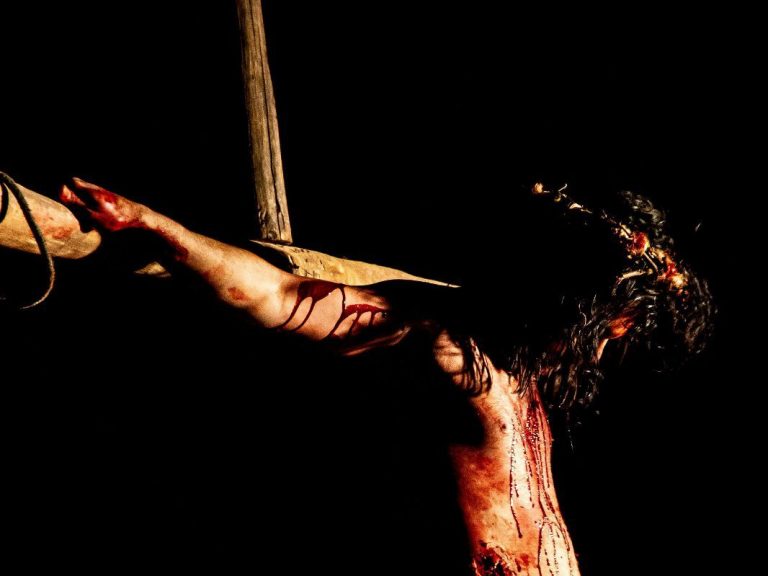The Parable of the Wedding Feast
(Luke 14.15-24)1 Jesus again used parables in talking to the people. 2 “The Kingdom of heaven is like this. Once there was a king who prepared a wedding feast for his son. 3 He sent his servants to tell the invited guests to come to the feast, but they did not want to come. 4 So he sent other servants with this message for the guests: ‘My feast is ready now; my steers and prize calves have been butchered, and everything is ready. Come to the wedding feast!’ 5 But the invited guests paid no attention and went about their business: one went to his farm, another to his store, 6 while others grabbed the servants, beat them, and killed them. 7 The king was very angry; so he sent his soldiers, who killed those murderers and burned down their city. 8 Then he called his servants and said to them, ‘My wedding feast is ready, but the people I invited did not deserve it. 9 Now go to the main streets and invite to the feast as many people as you find.’ 10 So the servants went out into the streets and gathered all the people they could find, good and bad alike; and the wedding hall was filled with people.
11 “The king went in to look at the guests and saw a man who was not wearing wedding clothes. 12 ‘Friend, how did you get in here without wedding clothes?’ the king asked him. But the man said nothing. 13 Then the king told the servants, ‘Tie him up hand and foot, and throw him outside in the dark. There he will cry and gnash his teeth.’”
14 And Jesus concluded, “Many are invited, but few are chosen.”
The Question about Paying Taxes
(Mark 12.13-17Luke 20.20-26)15 The Pharisees went off and made a plan to trap Jesus with questions. 16 Then they sent to him some of their disciples and some members of Herod's party. “Teacher,” they said, “we know that you tell the truth. You teach the truth about God's will for people, without worrying about what others think, because you pay no attention to anyone's status. 17 Tell us, then, what do you think? Is it against our Law to pay taxes to the Roman Emperor, or not?”
18 Jesus, however, was aware of their evil plan, and so he said, “You hypocrites! Why are you trying to trap me? 19 Show me the coin for paying the tax!”
They brought him the coin, 20 and he asked them, “Whose face and name are these?”
21 “The Emperor's,” they answered.
So Jesus said to them, “Well, then, pay to the Emperor what belongs to the Emperor, and pay to God what belongs to God.”
22 When they heard this, they were amazed; and they left him and went away.
The Question about Rising from Death
(Mark 12.18-27Luke 20.27-40)23 That same day some Sadducees came to Jesus and claimed that people will not rise from death. 24 “Teacher,” they said, “Moses said that if a man who has no children dies, his brother must marry the widow so that they can have children who will be considered the dead man's children. 25 Now, there were seven brothers who used to live here. The oldest got married and died without having children, so he left his widow to his brother. 26 The same thing happened to the second brother, to the third, and finally to all seven. 27 Last of all, the woman died. 28 Now, on the day when the dead rise to life, whose wife will she be? All of them had married her.”
29 Jesus answered them, “How wrong you are! It is because you don't know the Scriptures or God's power. 30 For when the dead rise to life, they will be like the angels in heaven and will not marry. 31 Now, as for the dead rising to life: haven't you ever read what God has told you? He said, 32 ‘I am the God of Abraham, the God of Isaac, and the God of Jacob.’ He is the God of the living, not of the dead.”
33 When the crowds heard this, they were amazed at his teaching.
The Great Commandment
(Mark 12.28-34Luke 10.25-28)34 When the Pharisees heard that Jesus had silenced the Sadducees, they came together, 35 and one of them, a teacher of the Law, tried to trap him with a question. 36 “Teacher,” he asked, “which is the greatest commandment in the Law?”

37 Jesus answered, “‘Love the Lord your God with all your heart, with all your soul, and with all your mind.’ 38 This is the greatest and the most important commandment. 39 The second most important commandment is like it: ‘Love your neighbor as you love yourself.’ 40 The whole Law of Moses and the teachings of the prophets depend on these two commandments.”
The Question about the Messiah
(Mark 12.35-37Luke 20.41-44)41 When some Pharisees gathered together, Jesus asked them, 42 “What do you think about the Messiah? Whose descendant is he?”
“He is David's descendant,” they answered.
43 “Why, then,” Jesus asked, “did the Spirit inspire David to call him ‘Lord’? David said,
44 ‘The Lord said to my Lord:
Sit here at my right side
until I put your enemies under your feet.’
45 If, then, David called him ‘Lord,’ how can the Messiah be David's descendant?”
46 No one was able to give Jesus any answer, and from that day on no one dared to ask him any more questions.
Lapidriopi Karama Lagye Ogyero ro
(Luka 14:15-24)1 Yesu ata ta kpate to'di lidri ri lapidri si ekye: 2 “Miri 'Bädri'ba vo'buyakuru ro laba oso nonye. Tu aza si 'bädri'ba aza orivoya se ede karama lagye ogyero te ŋgwa ndaro ri. 3 Nda zo ruindu'bai te ŋgwazi läzine ikyine karama ya, oko ànya gayizo ikyine. 4 Ago nda zo ruindu'bai azaka te lazo ono be ŋgwazi ri ekye: ‘Yauono karama maro te nja; 'daŋgoi ndi tii kadokado maro be utufute, ago ŋga cini te nja. Nyìkyi ri karama lagye roya!’ 5 Oko ŋgwazii se äläzibe ana tiyi tana kote ago oyiyite losi ànyaro yasi 'dialo oyite ämvu ndaro ya, azana vo ŋgaogyero ndaro ya, 6 azakana ruyi ruindu'bai te, 'biyi ànya te, ago fuyi ànya te. 7 'Bädri'ba ana a'dote kyilaro amba, ago nda zo kyila'bai ndaro te se tufuyi 'diufu'bai se kai te ago zayi 'bakici ànyaro te kpeye. 8 'Dooko nda zi ruindu'bai ndaro te ago atate ànyari ekye: ‘Karama maro lagye ogyero te nja, oko lidri se äläzibe kwoi tana si ko. 9 Ka'do inye nyòyi litiŋwà 'desiro drisi ago nyäläzi lidri amba ikyine karama ya oso se mìni ndi usune ronye.’ 10 'Dooko ruindu'bai oyiyite tesi litiŋwà yasi ago otoyi lidri cini se ànya kusuyibe te, se kadoro ndi se koziro be, ago zo lagyero a'dote twi lidri be.
11 “'Bädri'ba ana cite ŋgwazii ondrene ago ndre mano aza te se so boŋgo lagyero kote. 12 'Bädri'ba eji nda te ekye: ‘Bereazi, nyeci teinye boŋgo lagyero ako etaya?’ Oko mano ana ata ta aza kote. 13 'Dooko 'bädri'ba atate ruindu'bai ri ekye: ‘Nyèmbe drí ndaro ndi pa ndaro be, ago mìvo nda tesi vouni ya. Lau a'dona ndäri liyi ndi sionya be.’ ”
14 Ago Yesu ndetate ekye: “Äläzite amba, oko anjite toto fere.”
Taeji ta Parata Driutwero Kotoro ta
(Marako 12:13-17Luka 20:20-26)15 Parusii oyiyite ago rayitate Yesu odone taeji si. 16 'Dooko ànya zoyi taeri'bai ànyaro azaka te ndare ndi rukä gboko Eroda ro robe, ànya atayite ekye: “Miemba'ba, mä̀ni ndi anjioko nya ni taŋgye iti. Nya ni ole Lu ro taŋgyena embana lidri ri, teinye milo'be ako tase lidri kabe usuna ta. Tana nya ko 'desi lidri ro tana usuna ayani. 17 Nyiti ta ämäri, inye'do, nyusu miro be eŋwanye ya? Inye'do Ota letadri gindi parata driutwero ozone 'Bädri'ba Roma'ba ro ri kode ko ya?”
18 Caoko Yesu ni tase koziro ànya korayibe ana tana te, ago nda atate ekye: “Ami miomba'bai! Tana e'di nyà ma ojo niya? 19 Nyàka'da parata kaciro driutwero märi!”
Ànya eziyi parata kaciro te ndäri, 20 ago nda eji ànya te ekye: “Beti ndi ävuru kwoi be a'di roya?”
21 Ànya zayitadrite ekye: “'Bädri'ba ro.” Ta'dota Yesu atate ànyari ekye: “Ka'do inye, nyòzo ŋgase 'Bädri'ba ro gi 'Bädri'ba ri, ago nyòzo ŋgase Lu ro gi Lu ri.”
22 Ondro ànya keriyi ta ono te oko, ànya laroyite; ago ànya e'beyi nda te ndi oyiyite.
Taeji ta Eforo ni Avo yasi rota
(Marako 12:18-27Luka 20:27-40)23 Tu gialo ana si azaka Sadukei ro se kayi be ata ekye lidri ri efone ni avo yasi i'do kai ikyiyite Yesu re. 24 Ago atayite ekye: “Miemba'ba, Musa katabe ekye, ondro ka'do mano aza kodrate ŋgàga ako, anjioko ädrupi ndaro ri ocine ävuzi ri tana ànya kutiyi ŋgàga robe ka'do robe ŋgwai ro mano se kodrabe 'do ri. 25 Ädrupii njidrieri azaka orivoya se riyite noŋwa, ŋgwa kayoro gye lagye te ago drate teinye ŋgàga ako, ago e'be ävuzi te ädrupi ndaro ri. 26 Tase alo ono a'do kpate ädrupi ṛiri ndaro ri, ago äduro ta ono a'dote vona se cini njidrieri kai ri. 27 Ago äduro oko toko se ana dra kpate. 28 Ka'do inye, tu eforo avo rosi lidriidriro anya a'dona toko ro a'di riya? Tana vo ànyaro cini ciyite anya ri.”
29 Yesu zatadri ànyaro te ekye: “Mìjete! Tana mìni Taegyi ko ca mbara Lu ro. 30 Tana ondro avo kefote lidriidriro oko, ànya a'donayi oso malaikai vo'buyakuru ya ronye, ago uninayi ko lagye ogyene. 31 Inye'do, tase Lu katabe ämiri ta efo avo rota mìzi tana ṛo ko ya? Se nda ekye: 32 ‘Ma ni Lu Abarayama ro, Lu Yisika ro, ago Lu Yakoba ro.’ Nda ni Lu 'dise lidriidriro ro, ko avo ro.”
33 Ondro lowa keri ta ono te oko, ànya laroyite amba ta ŋgaemba ndaro rota.
Ota se 'Desi Parandra
(Marako 12:28-34Luka 10:25-28)34 Ondro Parusii keriyitate Yesu 'ba Sadukei te a'done titiro oko, ànya ikyiyite troalo, 35 ago alodi ànyaro miemba'ba Ota ro, ojote nda ojone taeji si. 36 Nda ejitate ekye: “Miemba'ba, ota eŋwani ni parandra Ota ya ya?”
37 Yesu zatadrite ekye: “ ‘Nyulu Opi Lu miro ya cini miro si, lindri cini miro si, ago tauni cini miro si.’ 38 Ono ni Ota se 'desi ago fopara ndra owo. 39 Ṛiri ota se fopara ndra ro oso käti ronye ni no: ‘Nyulu oriazi miro oso nyulu andivo miro be ronye.’ 40 Ota cini Musa ro ndi ŋgaemba nebii robe edrete ota se ritu kwoi dri.”
Taeji ta Mesiya rota
(Marako 12:35-37Luka 20:41-44)41 Ondro azaka Parusii ro kotoyikalate troalo oko, Yesu eji ànya te ekye: 42 “Nyùsu ta Mesiya robe eŋwanye ya? Nda ni zelevo a'di ro yasi ya?” Ànya zayitadrite ekye: “Nda ni zelevo Dawidi ro.”
43 Yesu ejitate ekye: “Tana e'di Tori 'ba tavousu te Dawidi ya nda uzine ‘Opi’ niya? Dawidi atate ekye:
44 ‘Opi atate Opi maro ri ekye:
Miri noŋwa drígwo maro ya
madale ma'bana kyila'baazii miro lutu pa miro zele.’
45 Dawidi zi Mesiya te ‘Opi’, ka'do inye Mesiya a'dona zelevo Dawidi ro eŋwanye ya?”
46 'Diaza ni kote tadri Yesu ro ozane, ago ṛoni tu gi ana si 'diaza ni kote nda ejine ndra taeji si.



